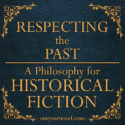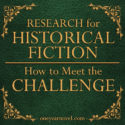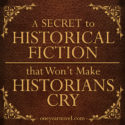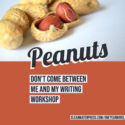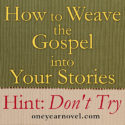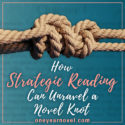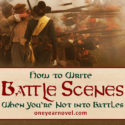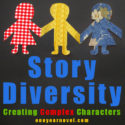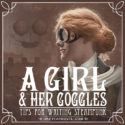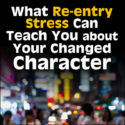Respecting the Past: A Philosophy for Historical Fiction
By Rachel Garner, Staff Writer
If people ask me about nonfiction resources, I’m happy to oblige, cheerfully pelting England Under the Norman and Angevin Kings and other books or articles at them, forgetting that titles like that don’t sound exciting to most people. But when asked for fiction suggestions, I find myself in a sudden quandary.
